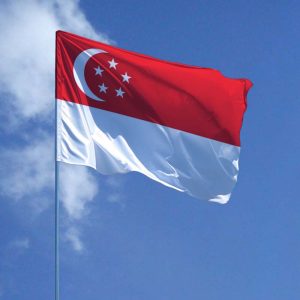
The Singapore Revenue Authority announced several important changes to the Companies Act, passed in 1967. The amendments have already entered into force (since July 1, 2023), detailed explanations of the regulator’s experts and the full text of the document are available on the official IRAS website.
Initially, the 1967 law established a rule according to which the offeror had the opportunity to redeem the company’s securities if the acceptance threshold was 90%. Securities owned by the offeror’s face value or dependent structure were not taken into account in the final calculation. The document provided for the legal possibility to eliminate this restriction if such shares were included in special companies registered not for doing business, but for subsequent takeover.
The new amendments add alternative criteria for excluding shares from the 90% threshold. Now they will not take into account the securities they own:
- close relatives;
- companies and other structures that are directly or indirectly controlled by the offeror;
- final controllers;
- structures under the control of the controller.
The main objective of the innovation is an additional level of protection for minority shareholders from large investors and any other persons who have the opportunity to influence the situation.
Possible penalties
On the one hand, the amendments have reduced the time for disqualification in case of any violations of corporate law. At the same time, monetary fines were increased, if the law provides for such a measure of punishment. Additional clarifications will be published by IRAS shortly.
Disqualification time:
- for the first violation reduced from 5 to 3 years;
- for the second and all subsequent – up to 5 years.
Penalties (a typical example is non-compliance with established accounting and financial reporting standards):
- if the violation was regarded as a mistake (there are no signs of malicious intent), the maximum fine is increased to 250 thousand SGD;
- otherwise, by decision of the competent authorities, the punishment may be aggravated by deprivation of liberty for up to 3 years